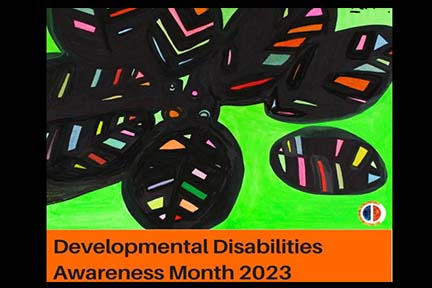
MDHHS expands dental benefits for Medicaid beneficiaries
Press Release FOR IMMEDIATE RELEASE: April 3, 2023 CONTACT: Chelsea Wuth, 517-241-2112, [email protected] MDHHS expands dental benefits for Medicaid beneficiaries LANSING, Mich. — To improve access to dental services, the Michigan Department of Health and Human Services (MDHHS) has expanded dental benefits for adult Medicaid beneficiaries and increased rates for dental providers. This redesigned benefit will directly help beneficiaries by increasing access to services, enhancing care coordination and improving health outcomes. Benefit enhancements and service delivery began April 1. “This positive change recognizes the strong correlation between oral and physical health outcomes,” said Elizabeth Hertel, MDHHS director. “With better services and closer care coordination, we can maximize opportunities to create healthy outcomes for beneficiaries of all ages while also expanding the number of providers so Michigan’s residents can get care where and when they need it.” The $85.1 million investment in increased reimbursement and $30 million in redesigned benefits will not result in any loss of services, and many recipients will have new services added. For beneficiaries who are 21 years and older, the following services will now be covered:
Changes reflect input from a broad array of stakeholders and lessons learned from the Healthy Michigan Plan and Pregnant Women dental programs. In addition to the expanded services, MDHHS has made changes to improve beneficiary access and provider participation, as well as expand access to robust care coordination services that ensure beneficiaries are supported in accessing the services they need. As a first step in the redesign, a policy that substantially increased reimbursement rates for Medicaid dental services was implemented Jan. 1, 2023. Providers are now being paid at 100% of the Average Commercial Rate, ensuring access and incentivizing providers to treat Medicaid beneficiaries. “The reimbursement rates for providers were very low under the old adult dental Medicaid program,” said Dr. Vince Benivegna, President of the Michigan Dental Association. “Dentists would lose money by treating adult dental Medicaid patients. As small business owners this was not sustainable. The new rates recognize the value of quality care and will allow more dental health providers to treat Medicaid patients.” Medicaid beneficiaries will not lose any dental care benefits with these changes; however, the way services are delivered may change slightly. Medicaid beneficiaries aged 21 years and older, including Healthy Michigan Plan beneficiaries and pregnant women who are enrolled in a Medicaid Health Plan, Integrated Care Organization or Program of All-Inclusive Care for the Elderly will receive dental benefits through their health plan. The health plan becomes responsible for the beneficiary’s dental services obtained through the health plan’s dental provider network. The health plans will continue to provide robust care coordination and ensure that beneficiaries are supported in accessing the services they need. Dental services for beneficiaries who are not enrolled in a health plan will be provided through the Medicaid FFS program. For questions, beneficiaries can call the Beneficiary Help Line for free at 800-642-3195 (TTY: 866-501-5656) or send an email to beneficiarysupport@michigan. Providers can call 800-292-2550 or email [email protected]. |






